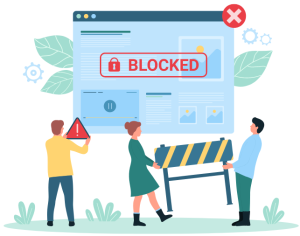What happened to Musical.ly?
Musical.ly launched in 2014. In November 2017, it was acquired by ByteDance, a Beijing-based media and tech company, for a reported $1 billion. At the time, ByteDance alr...
You're almost there...
Register or Login to your account to view requested content.

Joining the Cyber Safety Plus Membership has many benefits including:
- Exclusive Articles and Practical Advice
- Extensive Online Training Library
- Monthly Live Zoom Meetings
- Supportive Parent Community
- And More!


